“A Thousand Splendid Suns” sends the wrong message
February 24, 2023
Many schools, including St. Mary’s, are trying to diversify their English curriculum while promoting diversity and representation of minority student groups, but is it doing more harm than good?
English curriculums have started to incorporate books written by people of color instead of the stereotypical authors list only including white males. Works like “The House on Mango Street,” “Their Eyes Were Watching God” and Viktor Frankl’s essays are a part of St. Mary’s curriculum.
I never gave a second thought about what we read in school. That is… until we read “A Thousand Splendid Suns” by Khaled Hosseini my freshman year.
I am Muslim, and “A Thousand Splendid Suns” is the one and only book I’ve read for school that has been set in a Muslim society. I appreciated the idea of finally having a book to represent Muslims in literature, but the experience of reading it with my classmates opened my eyes.
For starters, this book already has a dark tone with themes such as domestic abuse, sexism, polygamy, war and an oppressive government. Such matters are not the issue.
The issue is the association of Islam with these topics. An uneducated reader will likely get the wrong idea about Islam from this book which depicts common stereotypes, like Islam being a religion of sexism and violence. These stereotypes do not accurately depict Islam. This novel is the definition of an extremity.
Yet, some argue that extremities are important to show in literature since they bring diversity and can supposedly help expose stereotypes. I beg to differ, though.
Extremities should never be shown in an ignorant space. My freshman class did not have the basic knowledge of Islam prior to reading “A Thousand Splendid Suns.” (Note: The book is no longer taught as part of the freshman curriculum. It is currently taught in Honors Women’s Studies for seniors, but I cannot yet speak to how it is taught there). Without having a solid foundation of Islam, introducing such books is contributing to the false biases that students have rather than combating them.
This, of course, applies to other races and cultures. Books representing Black people mostly show them going through the hardships of slavery, lack of civil rights and racism throughout American history. They show a blunt and absolutely necessary truth, but why do we not place more emphasis on books that glorify Black people and their accomplishments?
Sexism is one of the biggest stereotypes of Islam, and one that “A Thousand Splendid Suns” does nothing to challenge.
It is impossible not to associate the gender inequality in the book with Islam because women in the book are exploited because of Islamic extremities. In the book, the hijab is perceived as oppressive, but I do not want to walk around school and find people thinking that my hijab is oppressive. It’s not.
If students were well versed in minority cultures, if they knew what Islam, to me, is, extremities could be acceptable, but we are clearly not there yet.
Is it worth making minority students uncomfortable in the presence of representation to serve some “greater good” of diversifying the English curriculum?
I’m not the only one to worry about this book.
Zahraa Patel, a Muslim student reporter at Libertyville High School in Libertyville, Illinois wrote in her student paper that teachers at her school have tried in the past to use this novel to combat stereotypes, but now they voice their concern about stereotypes.
“Students come in with very limited understanding [of Muslim culture] and I think some of the prejudices and the stereotypes that students are concerned with, unfortunately, already exist,” said a LHS teacher.
Vernon Hills High School in Vernon Hills, Illinois, went further and removed the book from its curriculum.
I agree with Vernon Hill High School’s approach. They took the students’ comfort into consideration over the curriculum. As a Muslim student, I can say that we do want to be represented. The catch is that we want accurate representation of mainstream Muslim life. If you’re not sure what those books are, just ask.
If we can’t teach books that depict minorities fairly, schools should stress other ways of promoting diversity, such as religious classes.
However, I am not saying that we should ban books from libraries. Instead, I believe that some books should be taken out of curricula.
There is always room to improve, to do better. In this case, we should do better as how representation is given directly affects people.


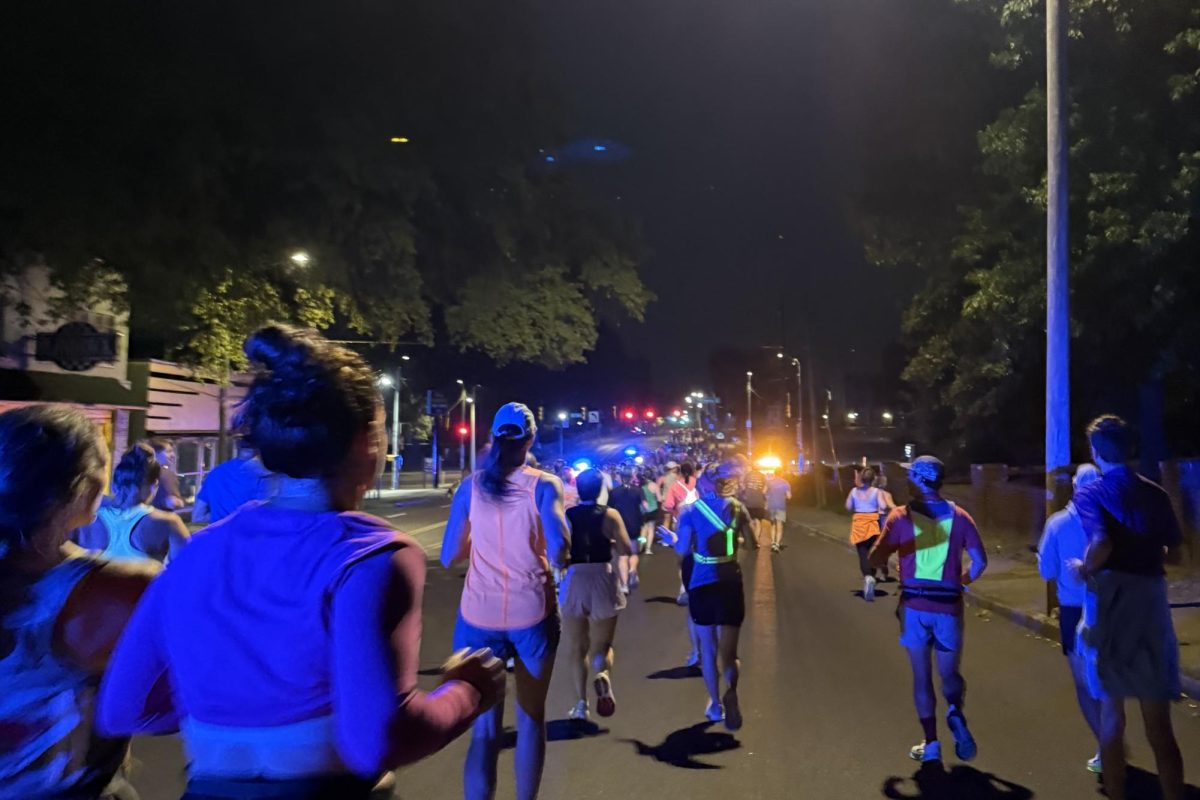

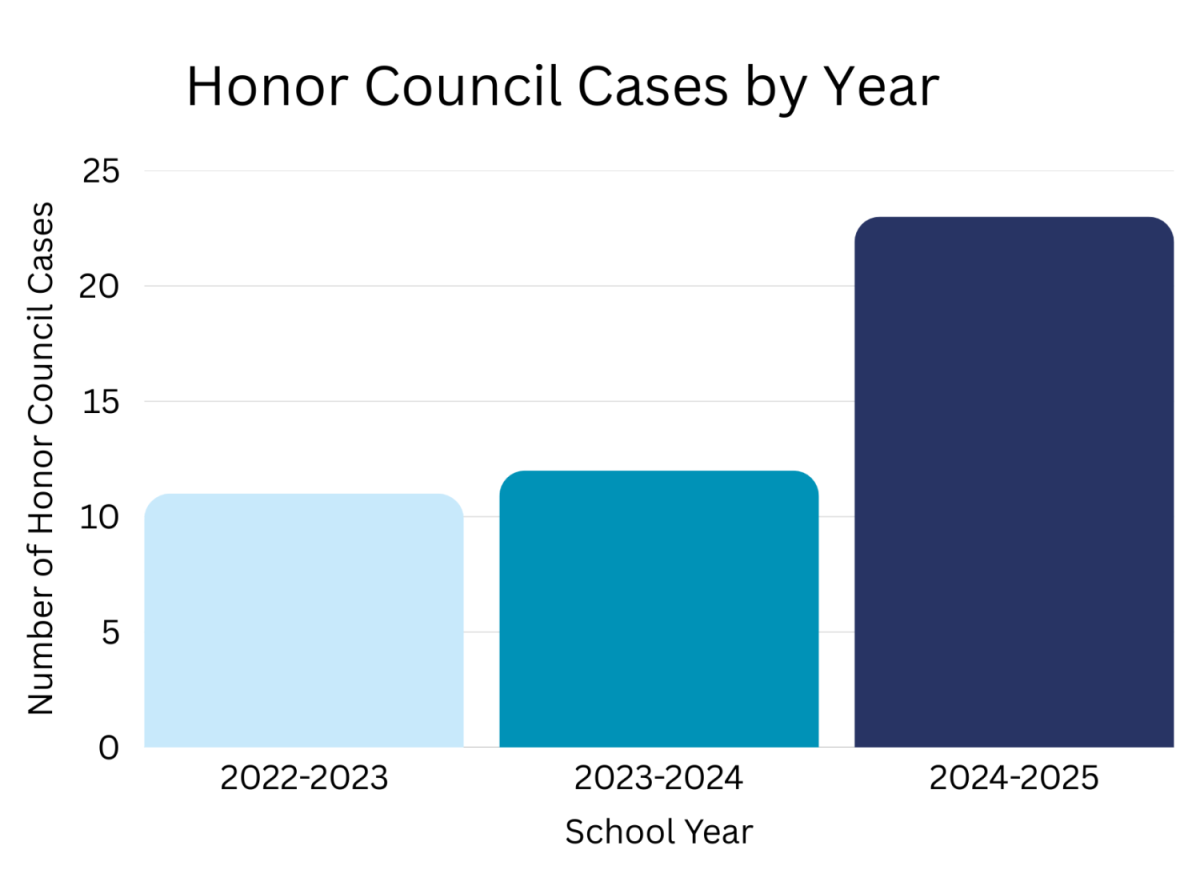
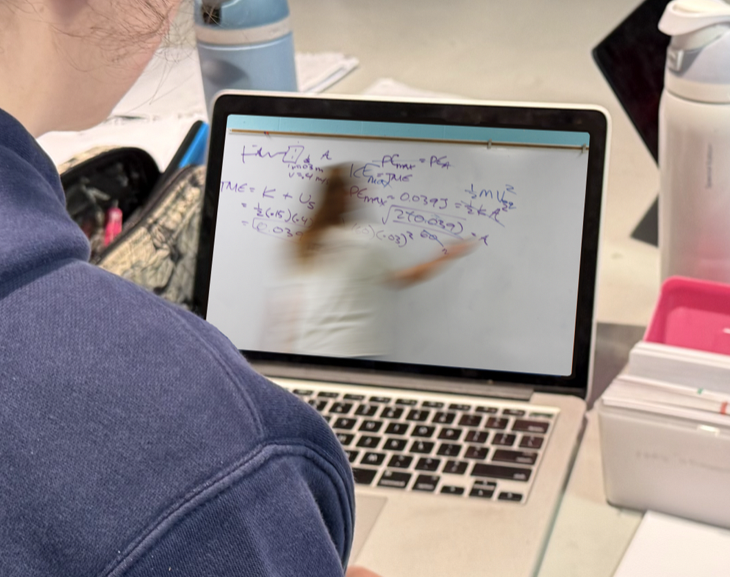
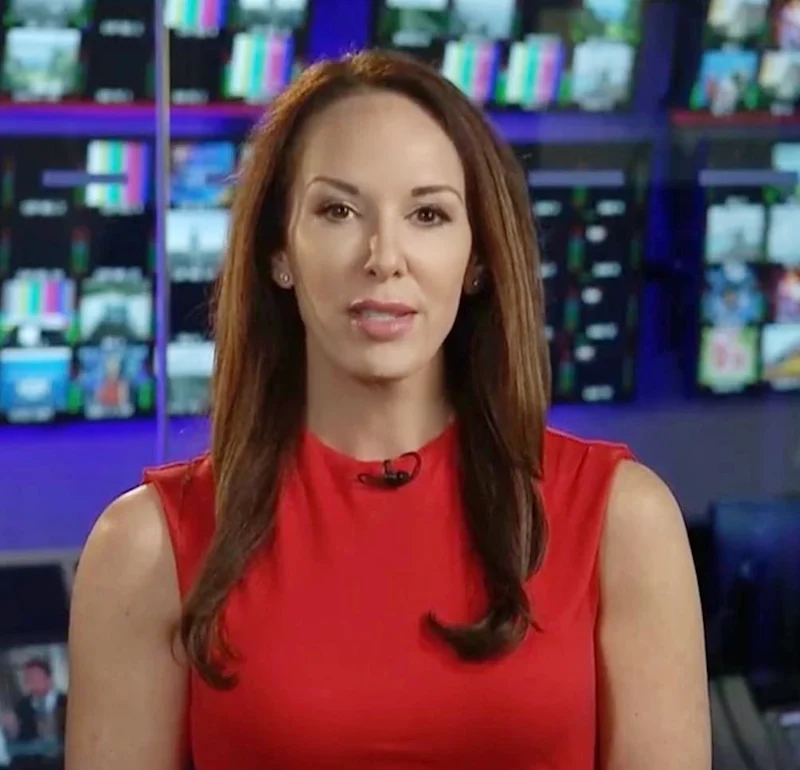

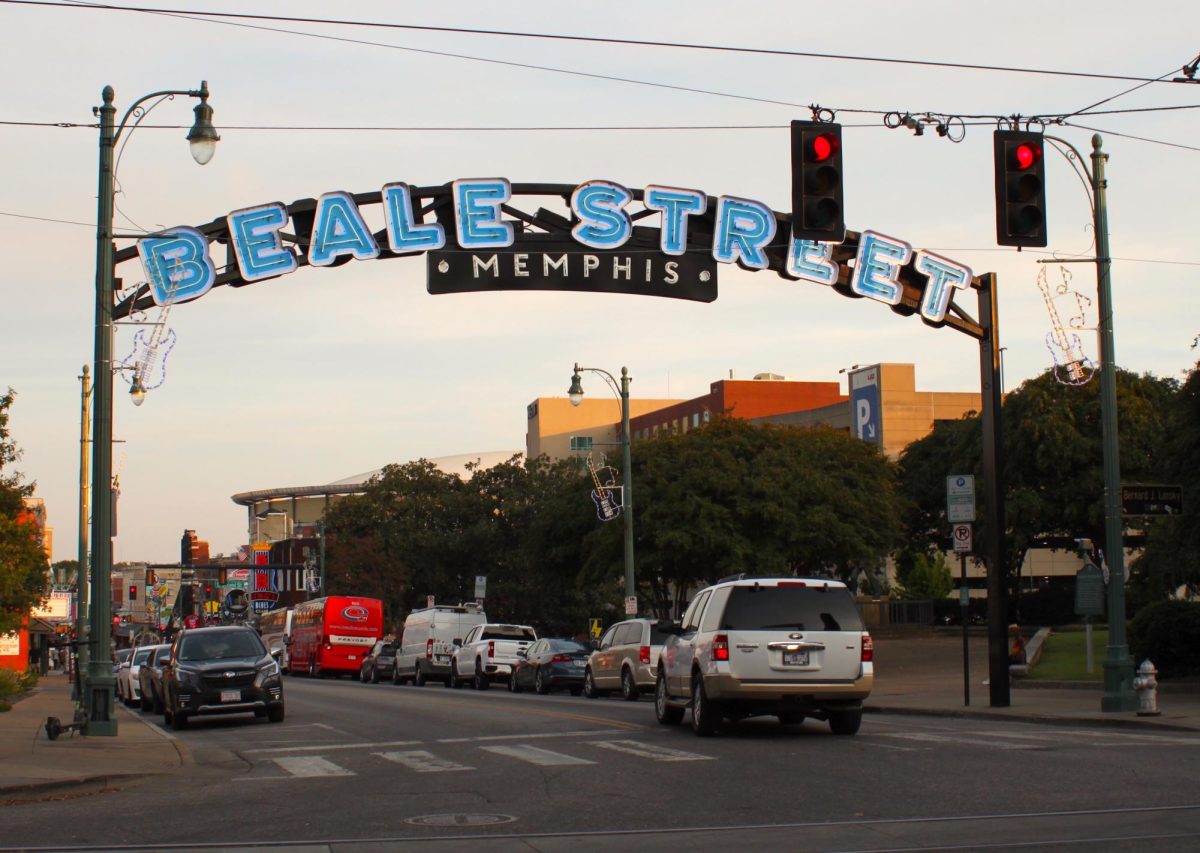
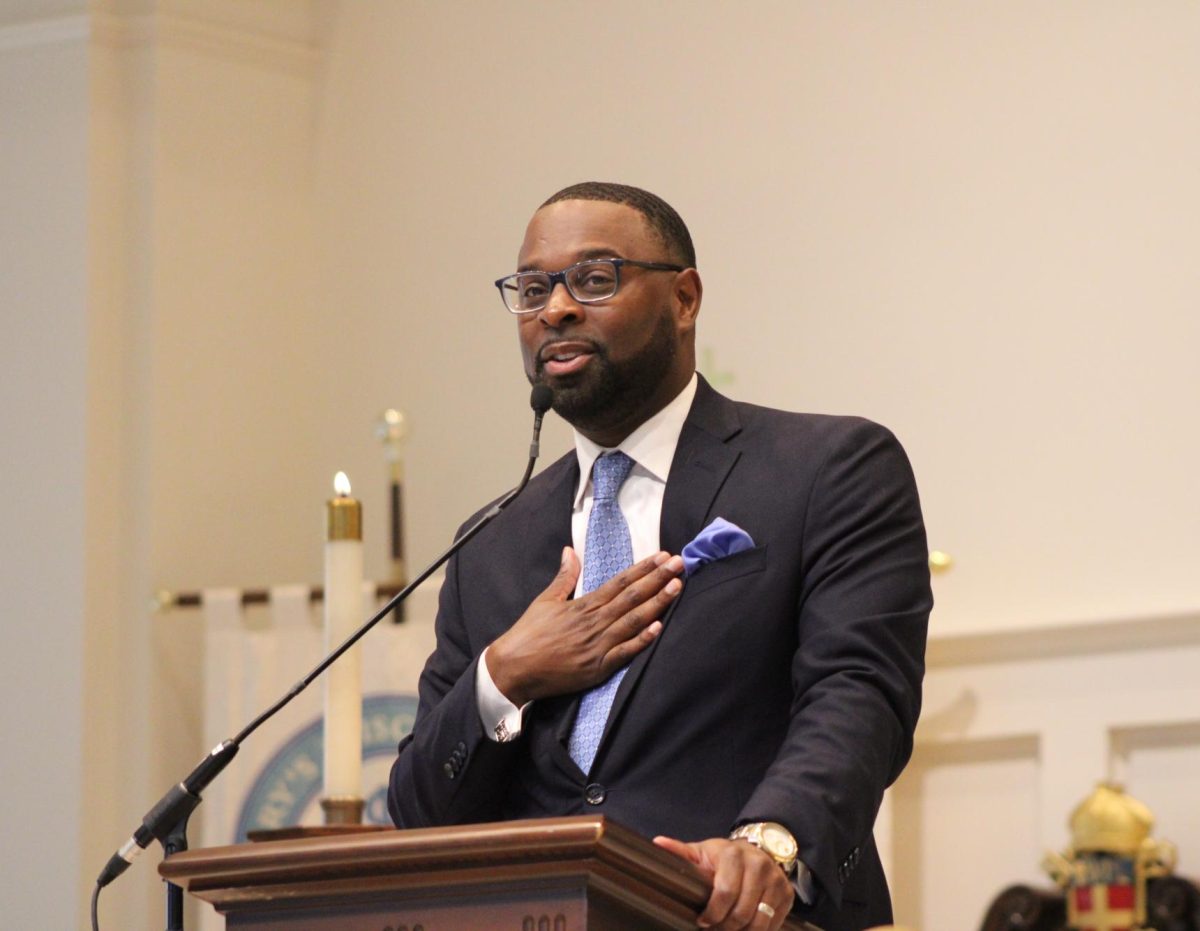
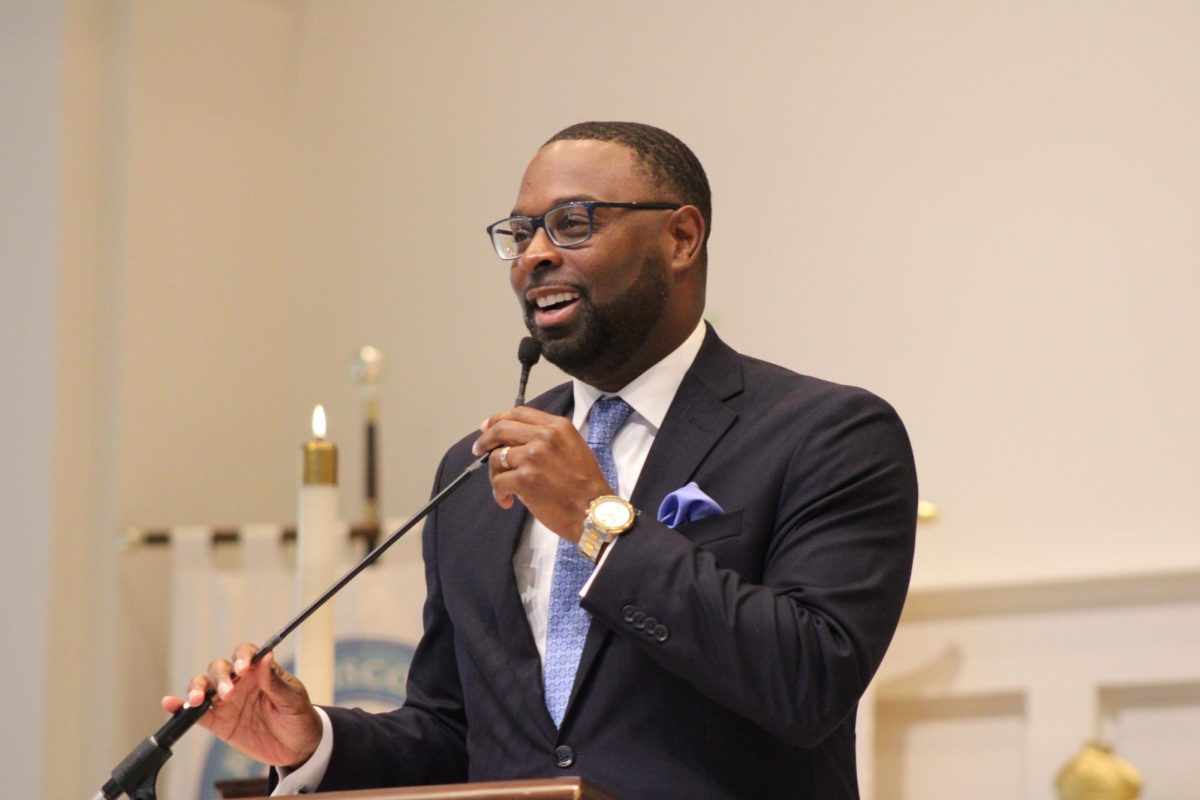

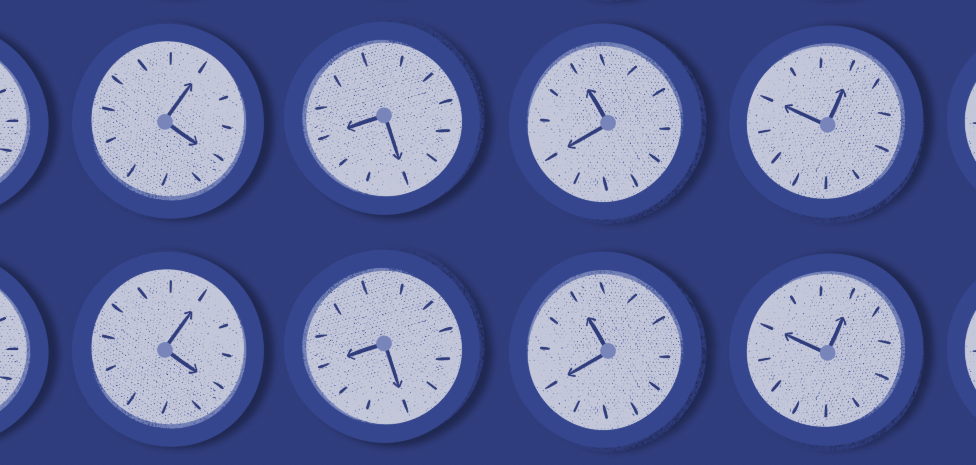


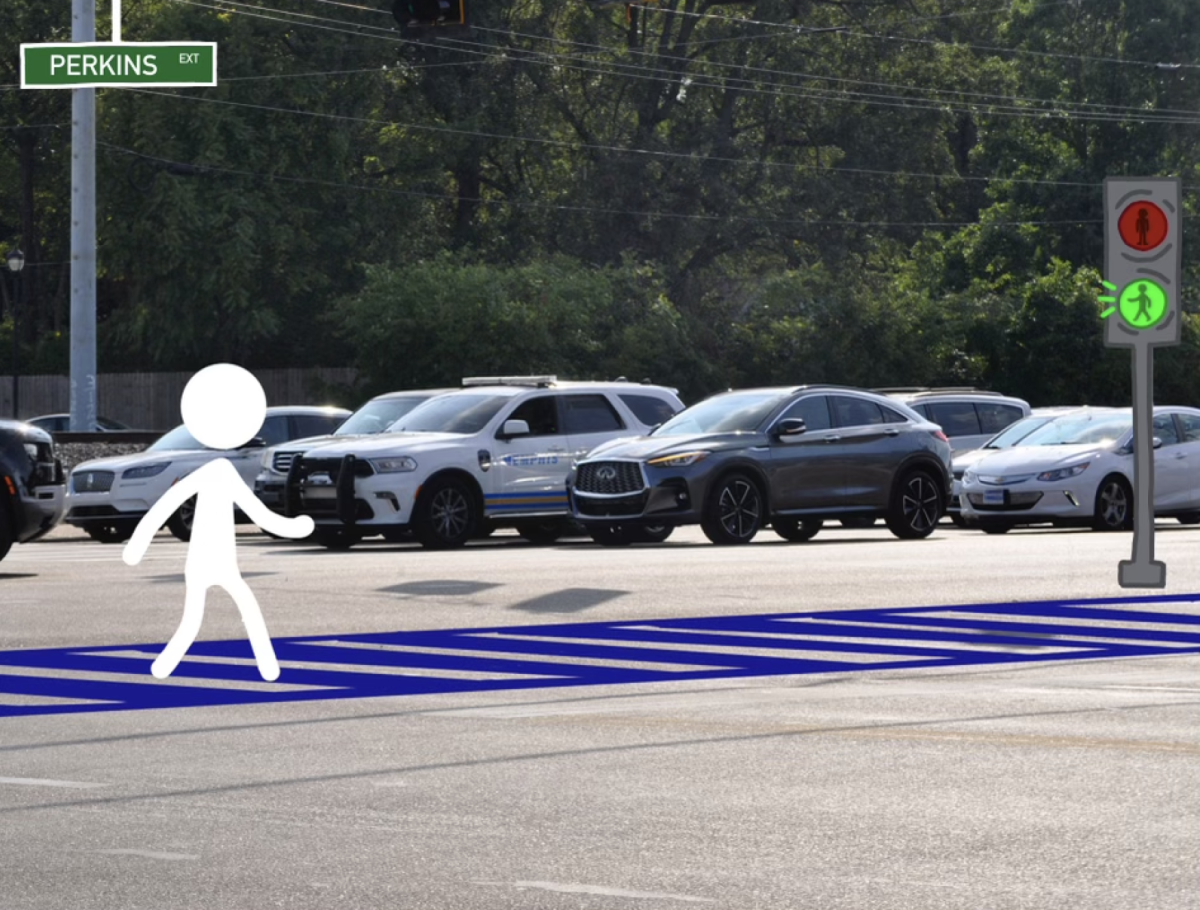
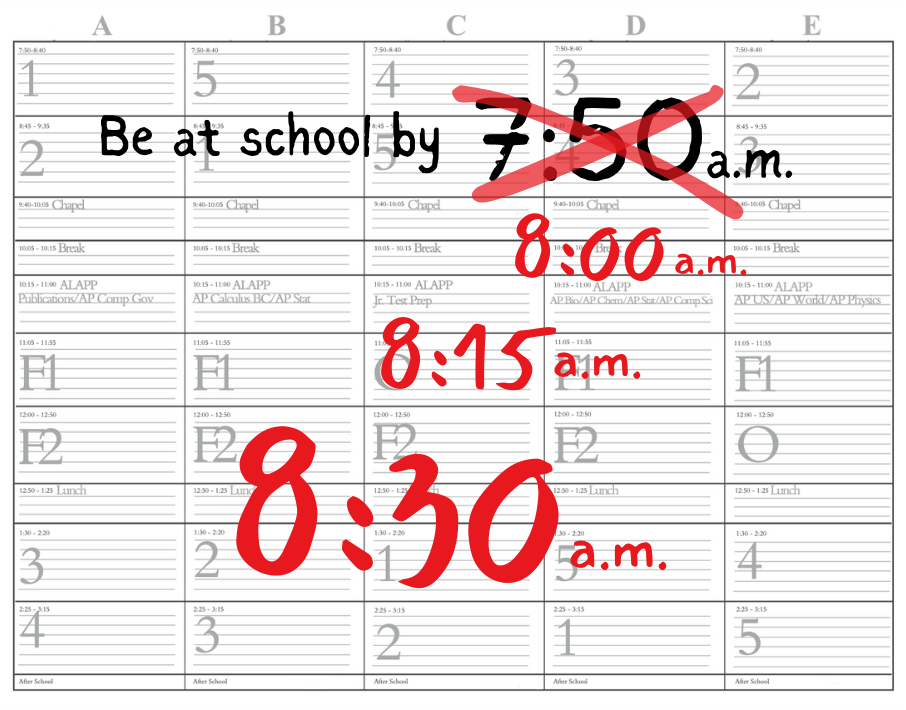

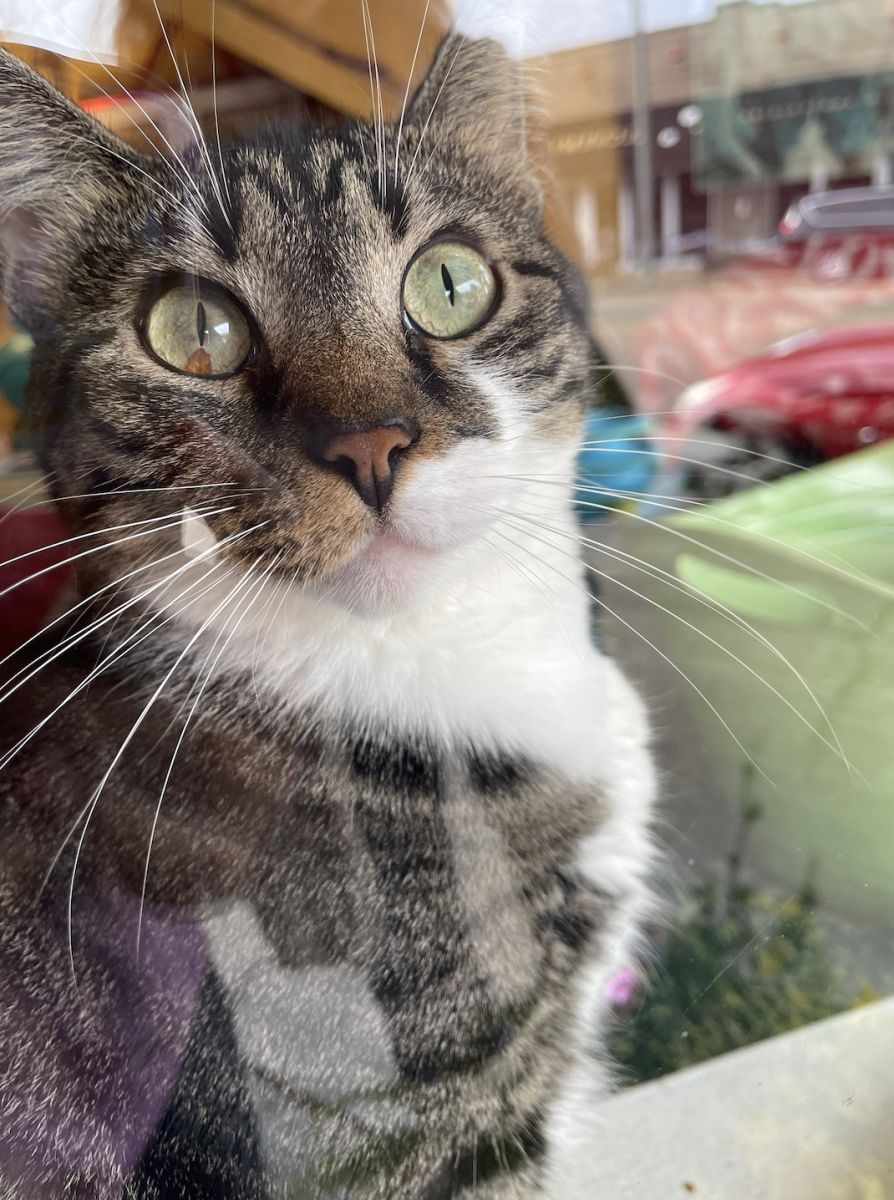

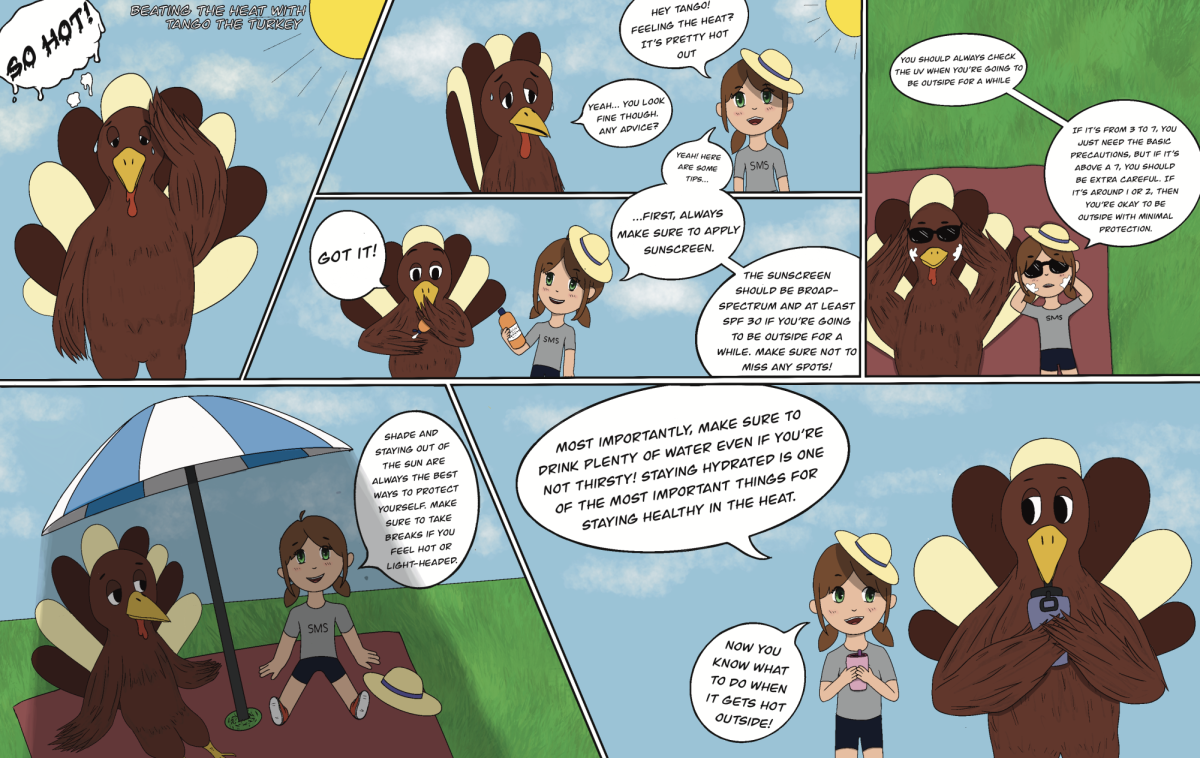
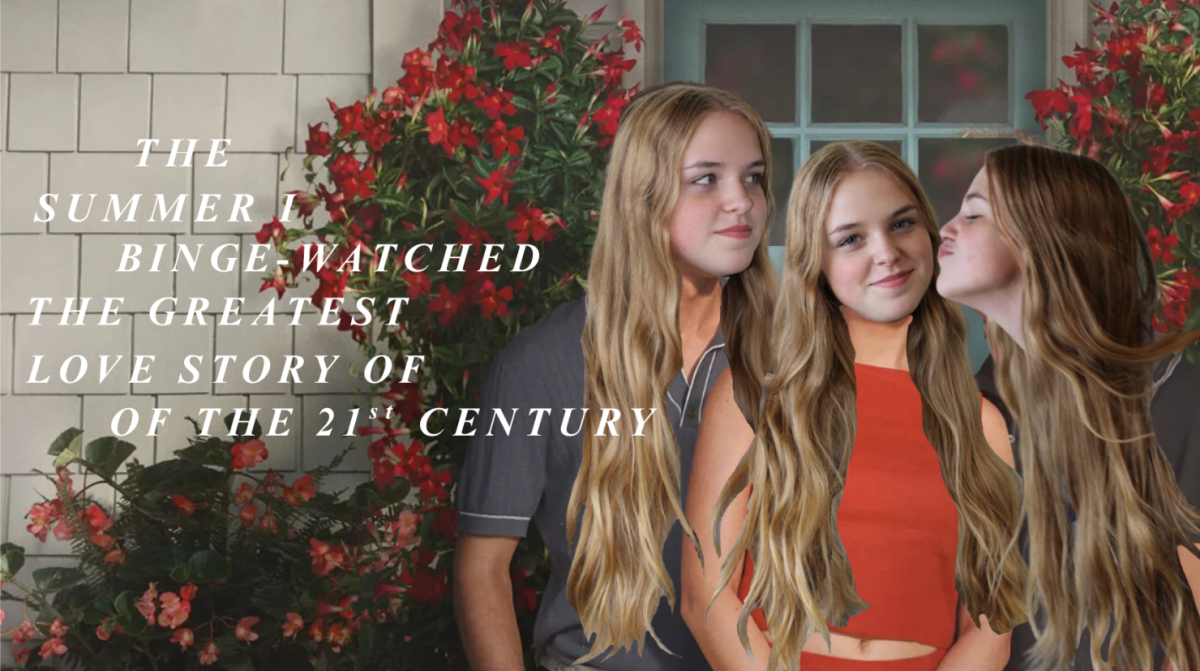
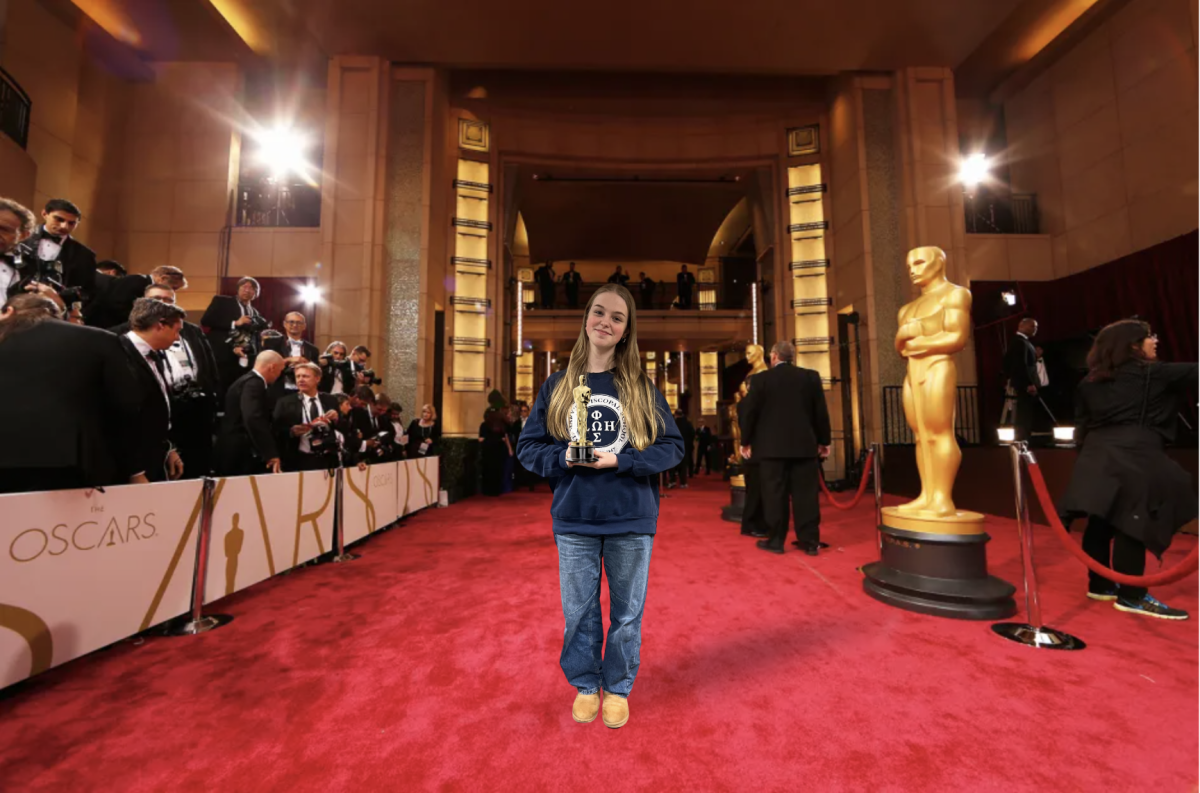
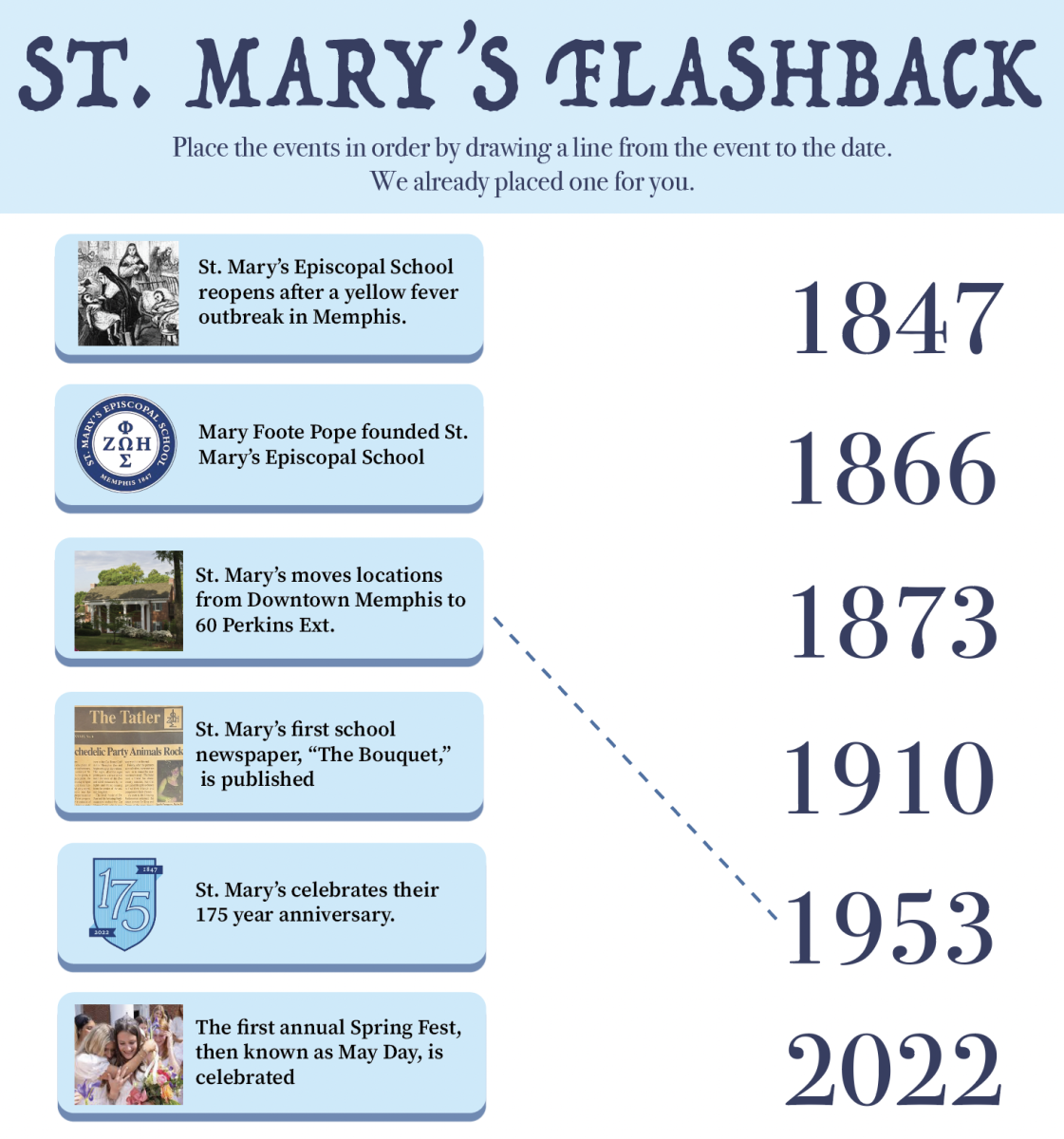
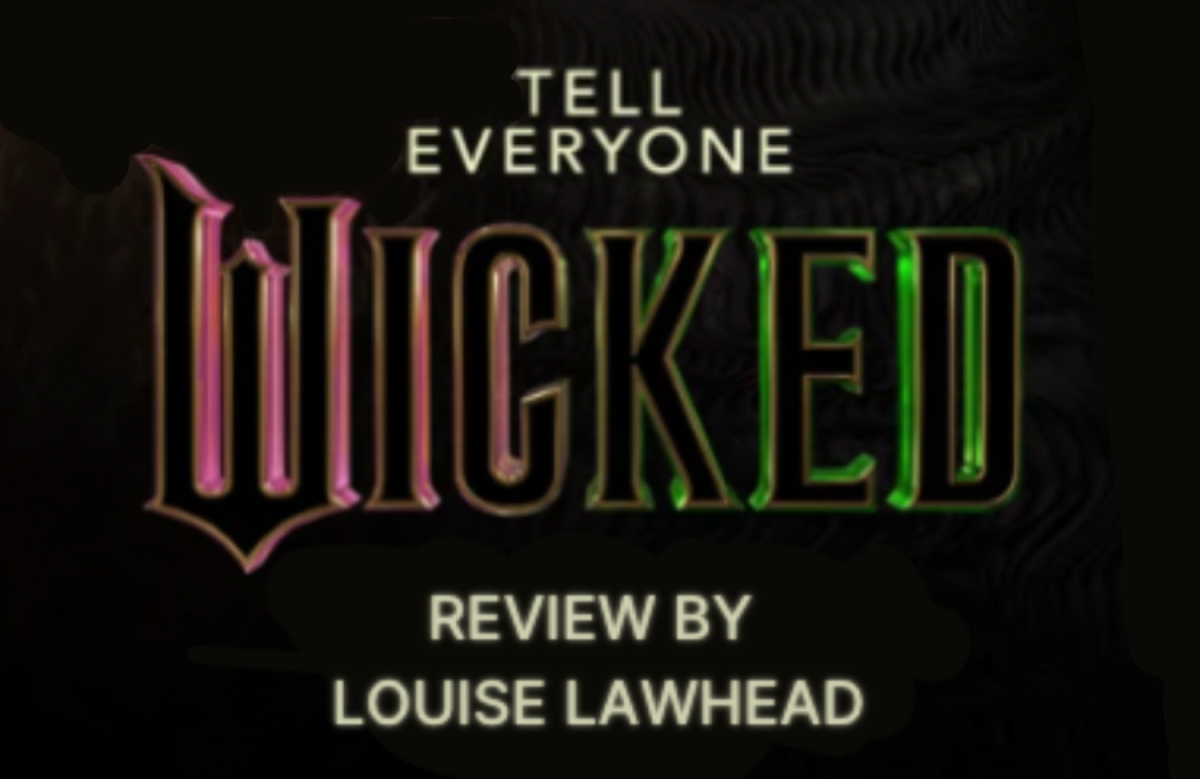
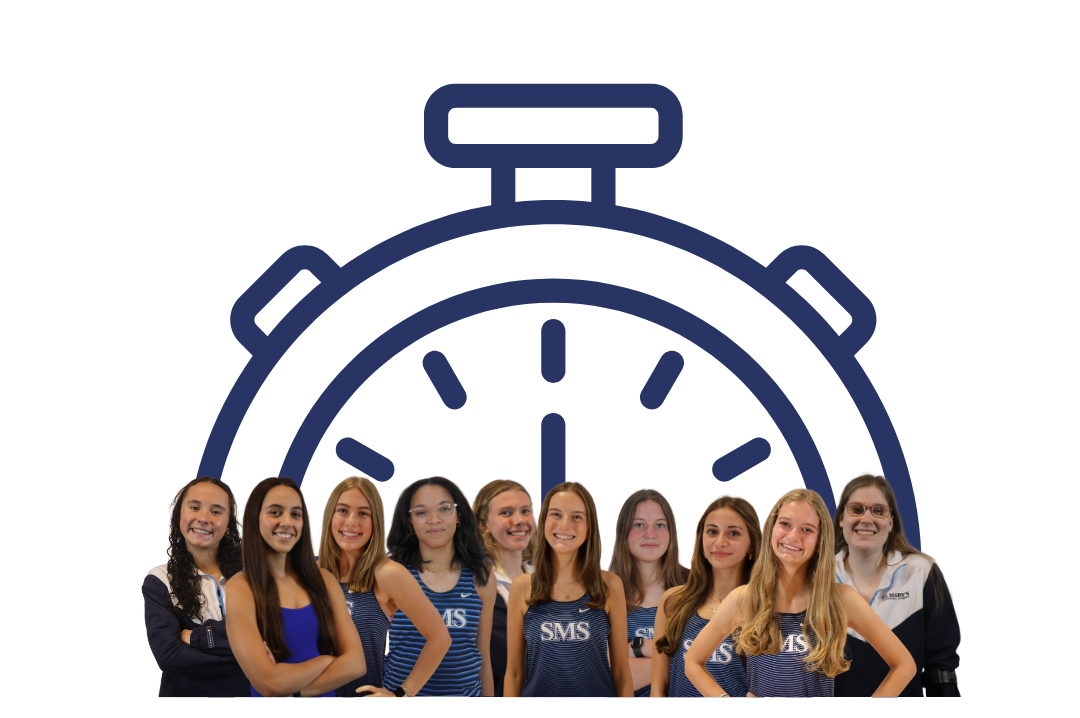
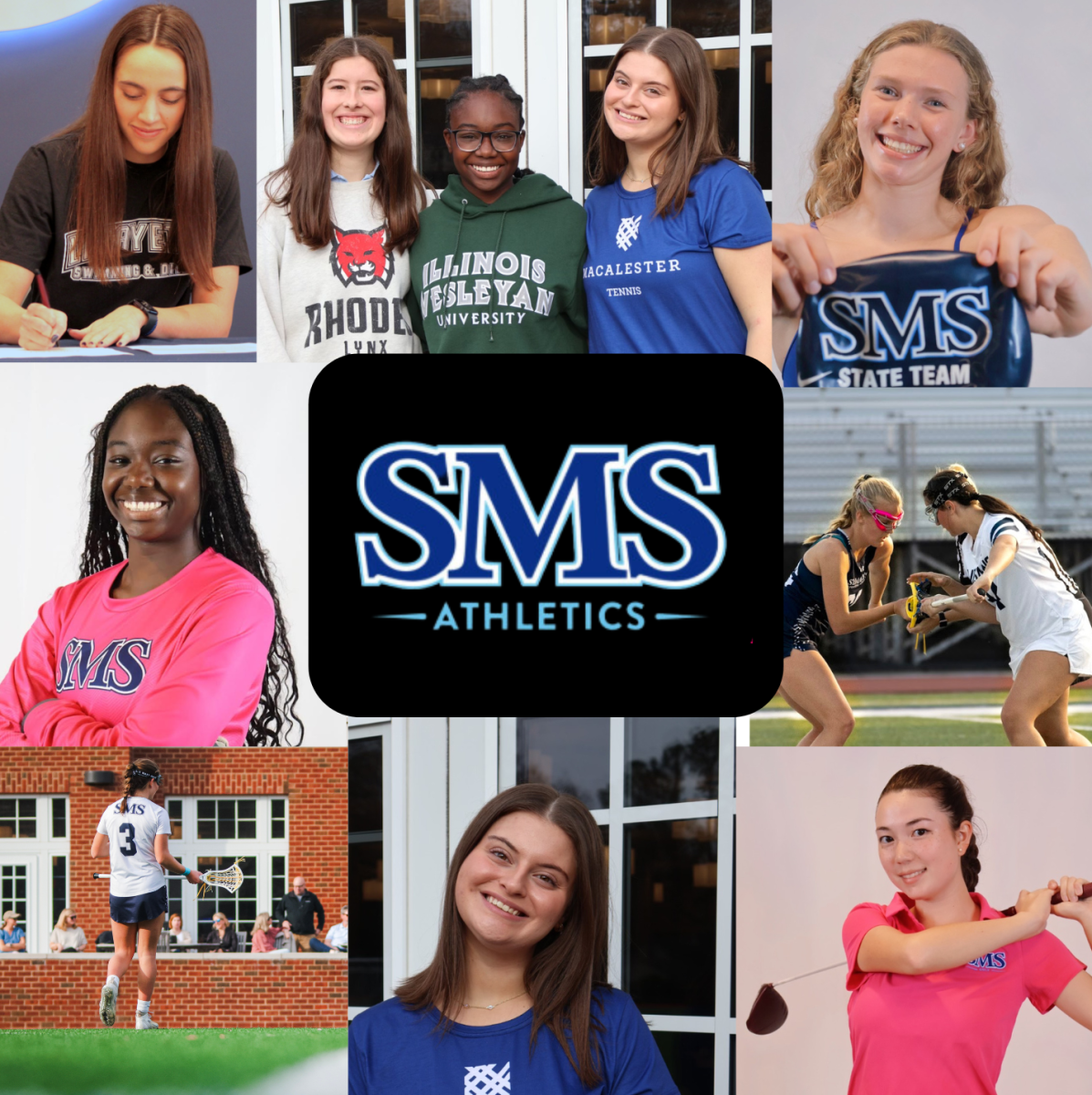
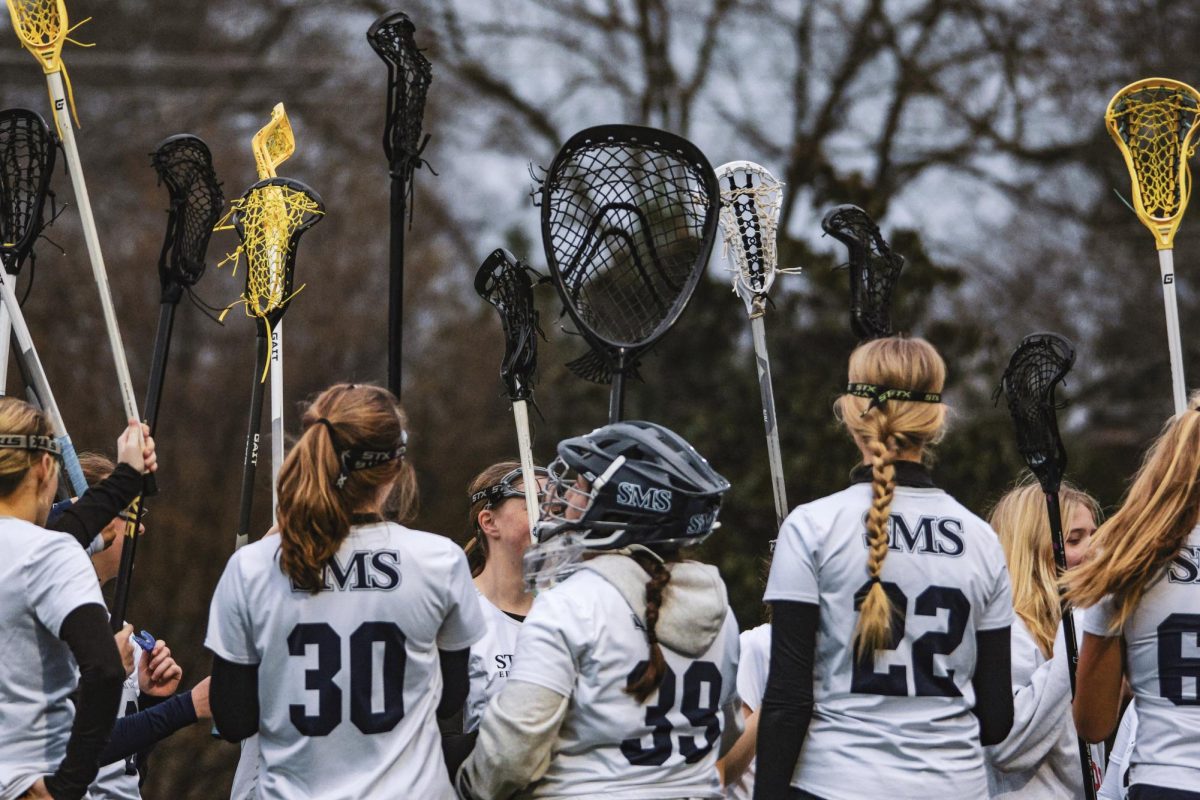
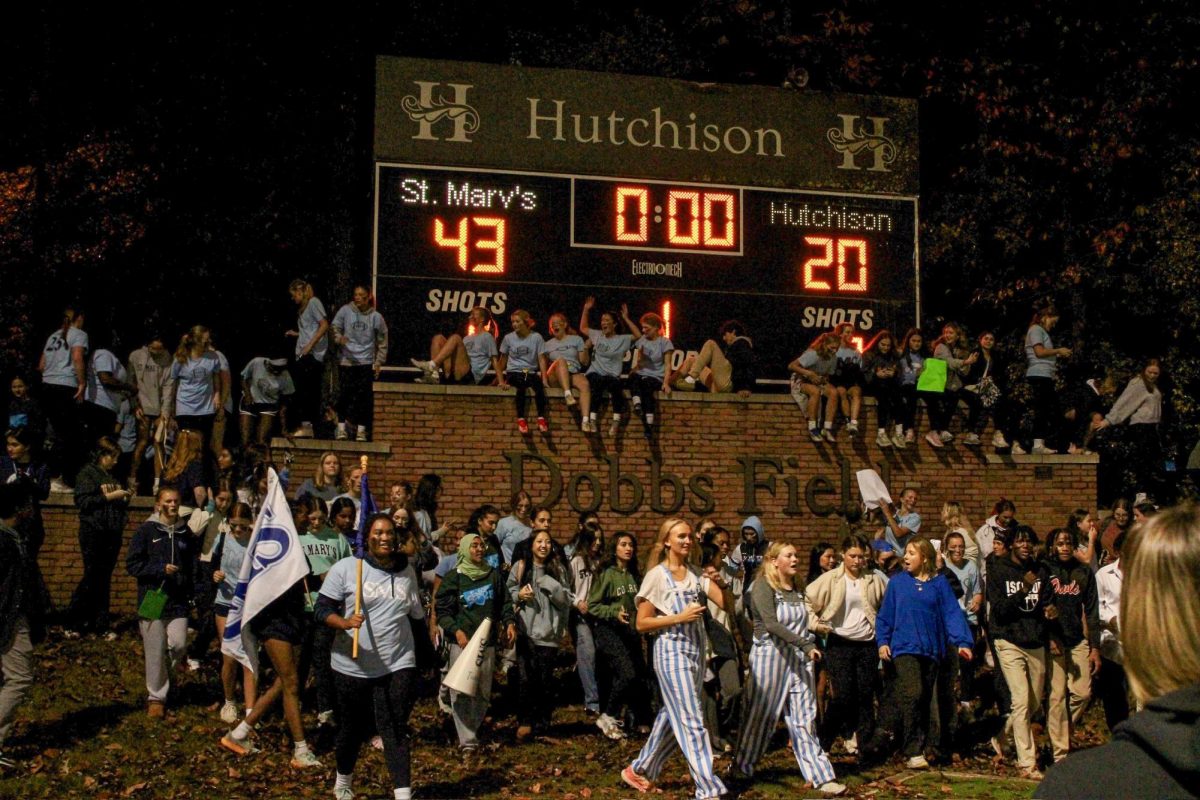
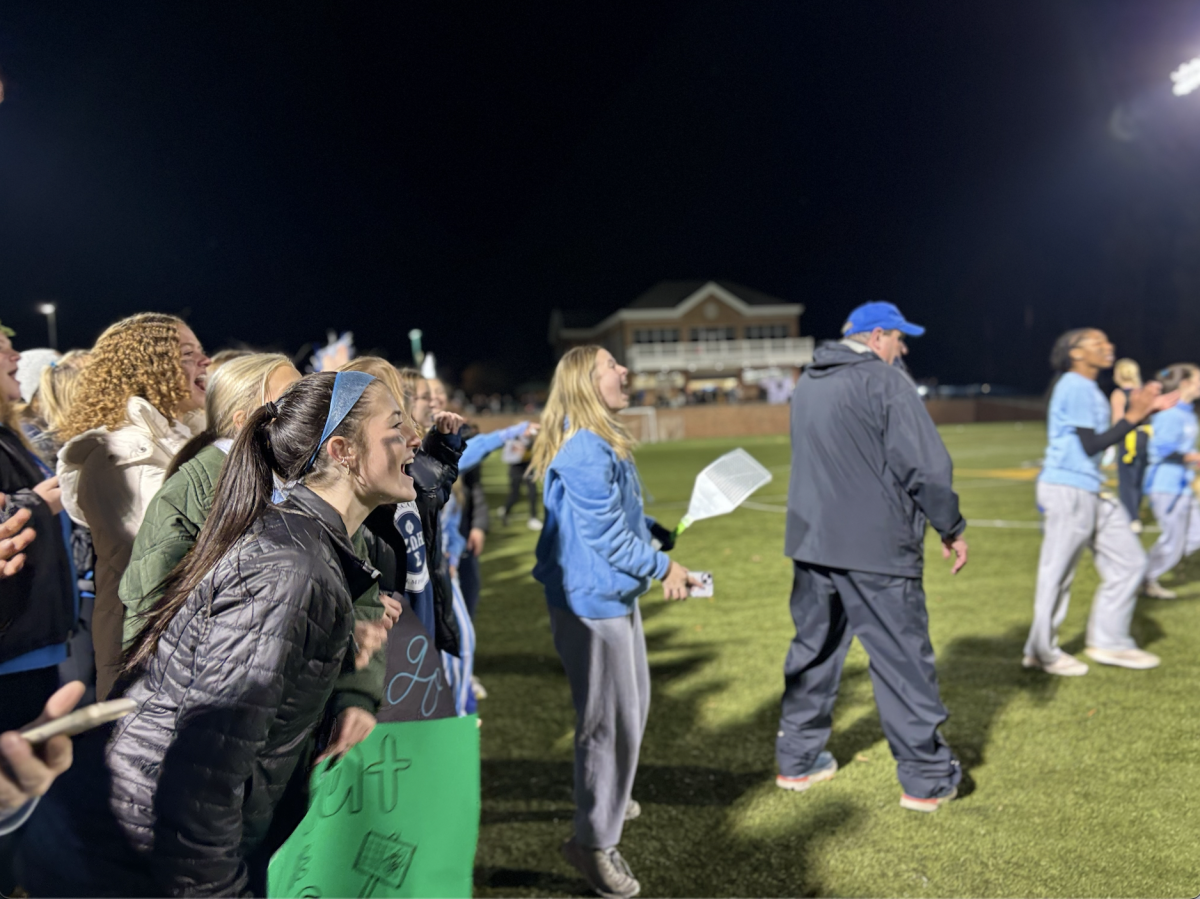
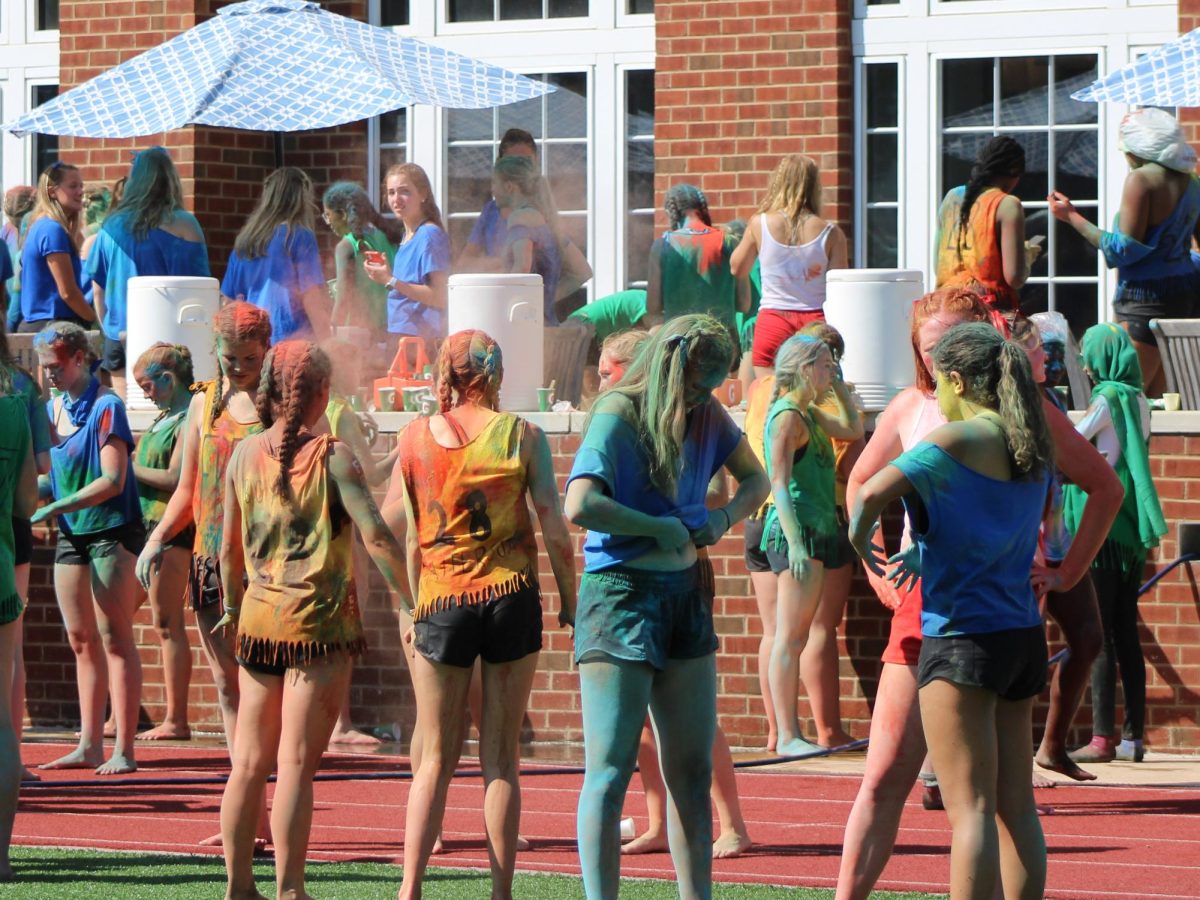
![[GALLERY] Walking in (Downtown) Memphis](https://stmarystatler.org/wp-content/uploads/2024/04/E1DAD3FE-E2CE-486F-8D1D-33D687B1613F_1_105_c.jpeg)
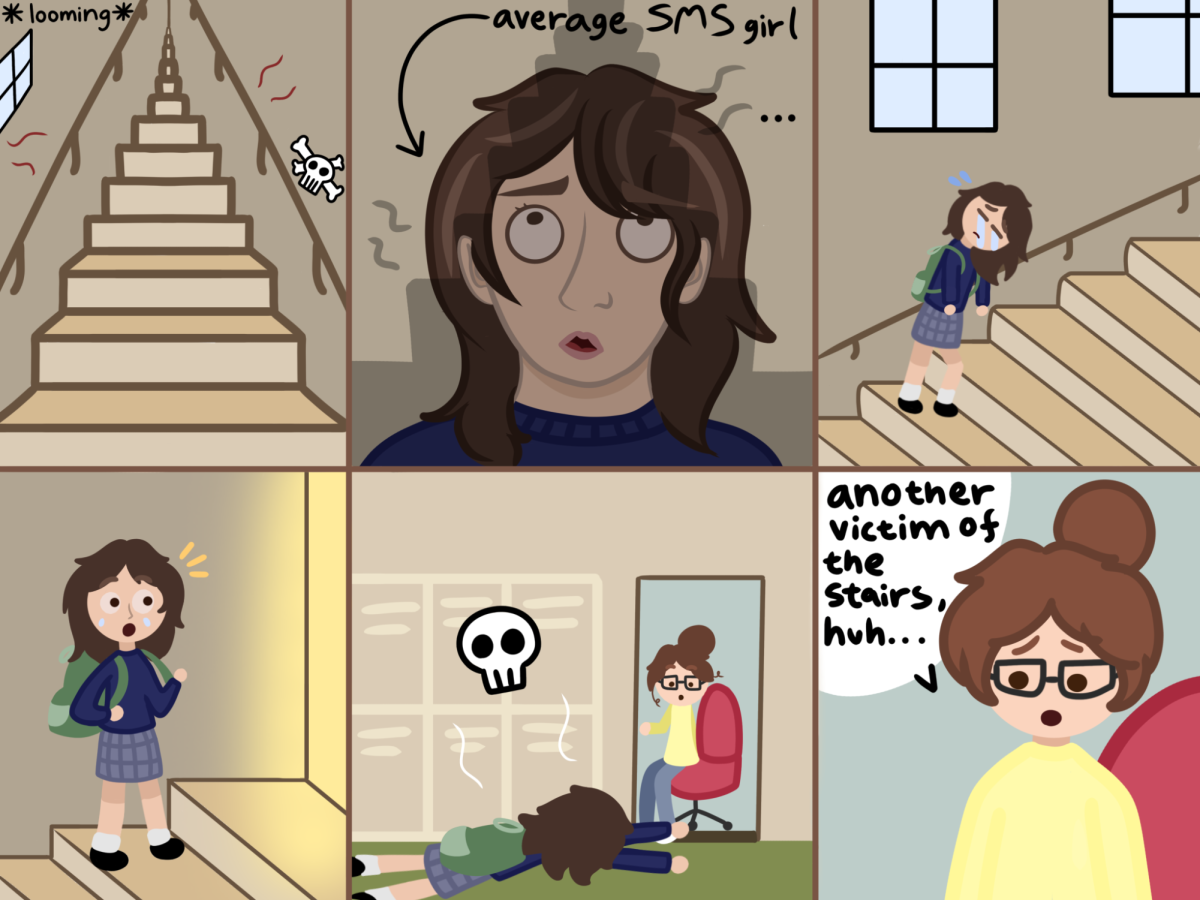
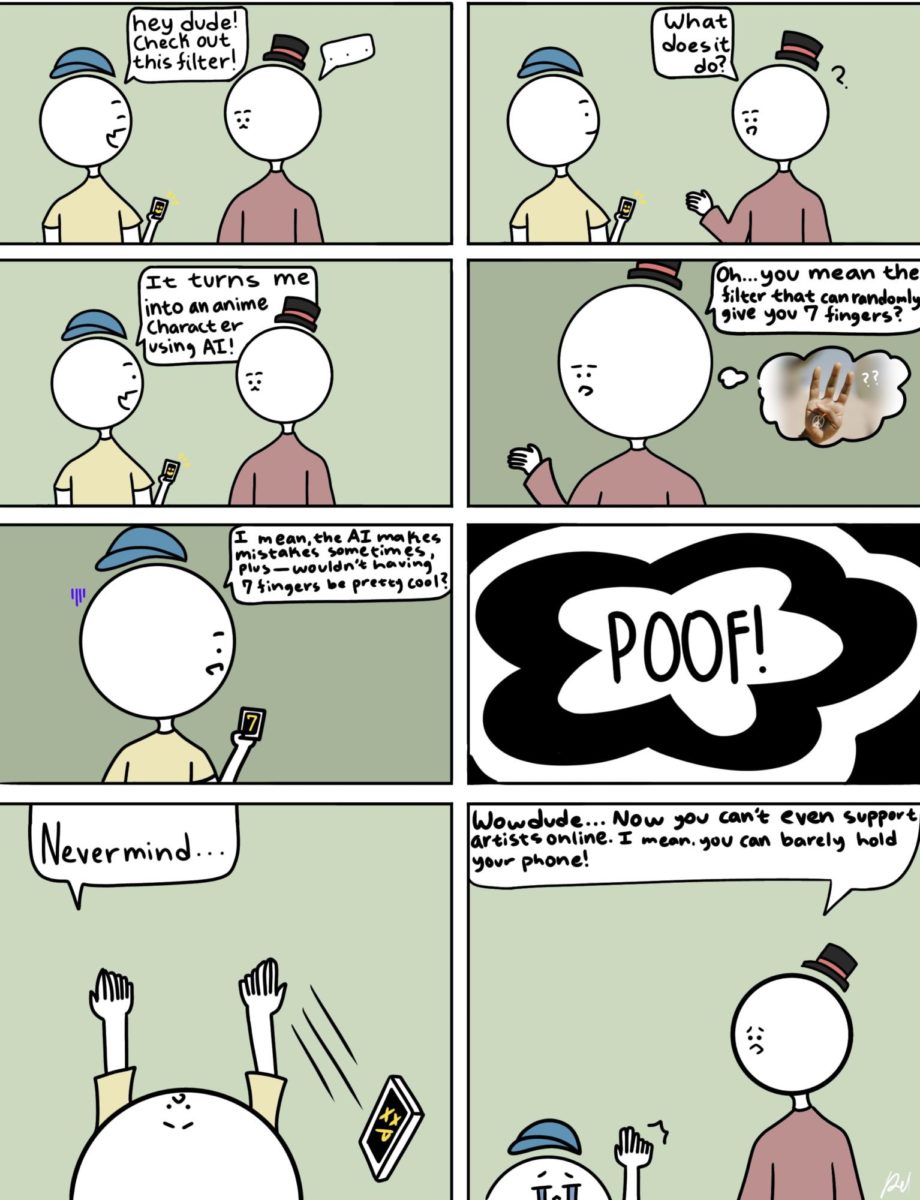
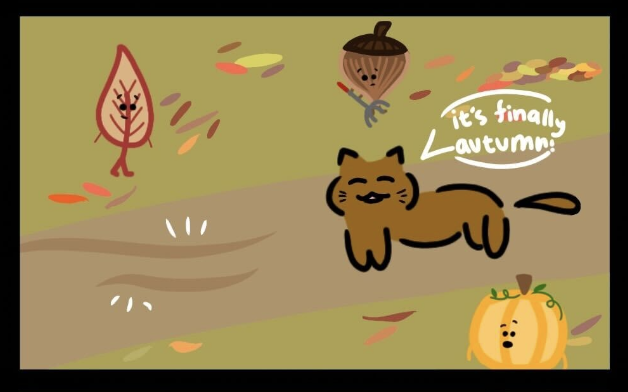



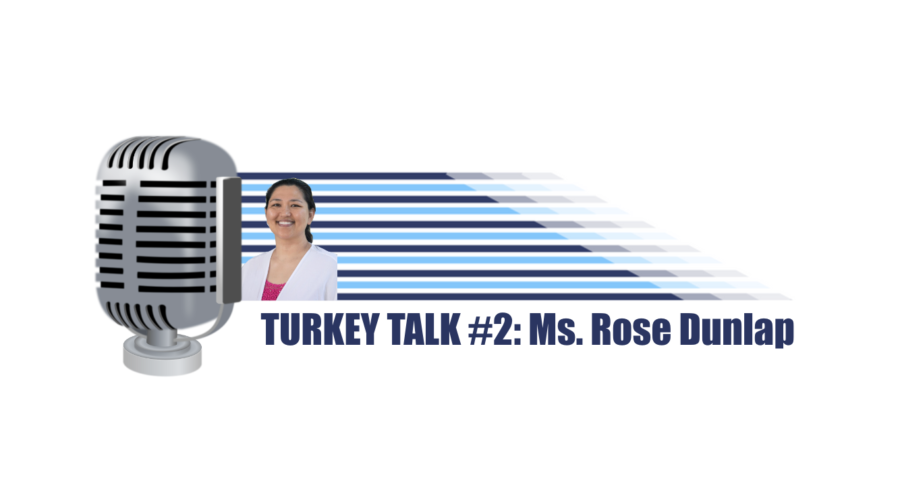

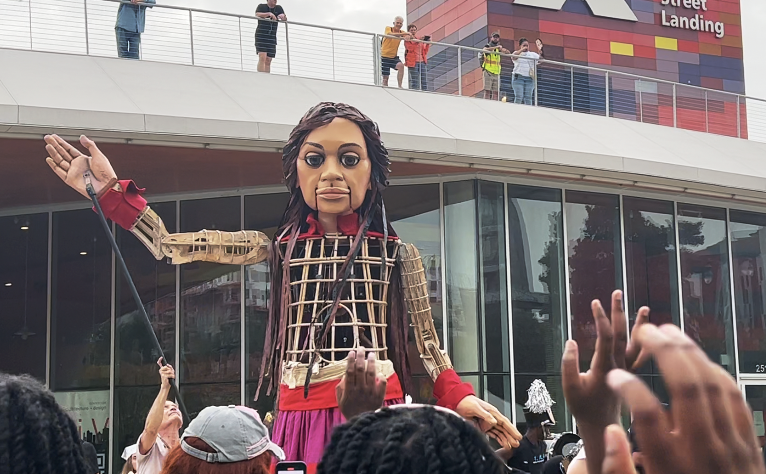
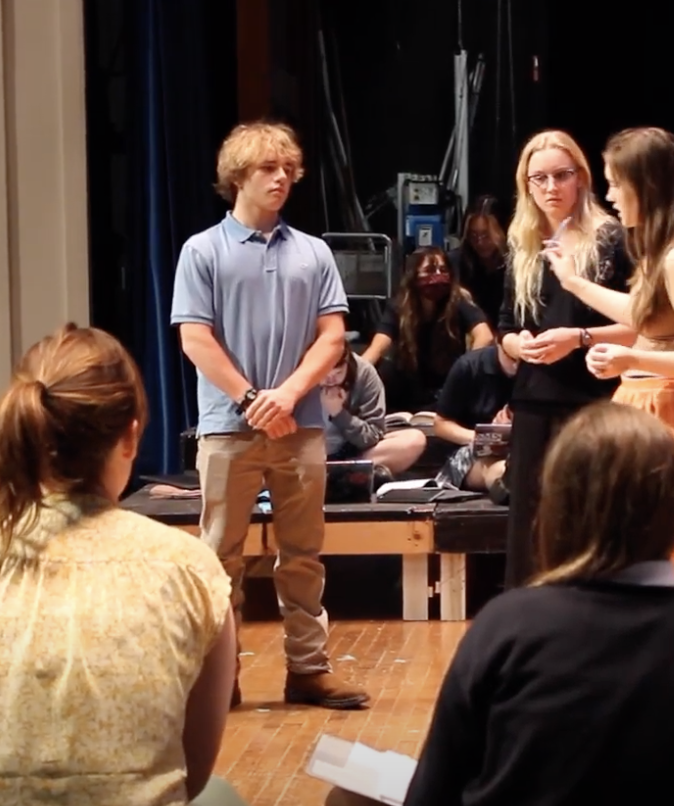
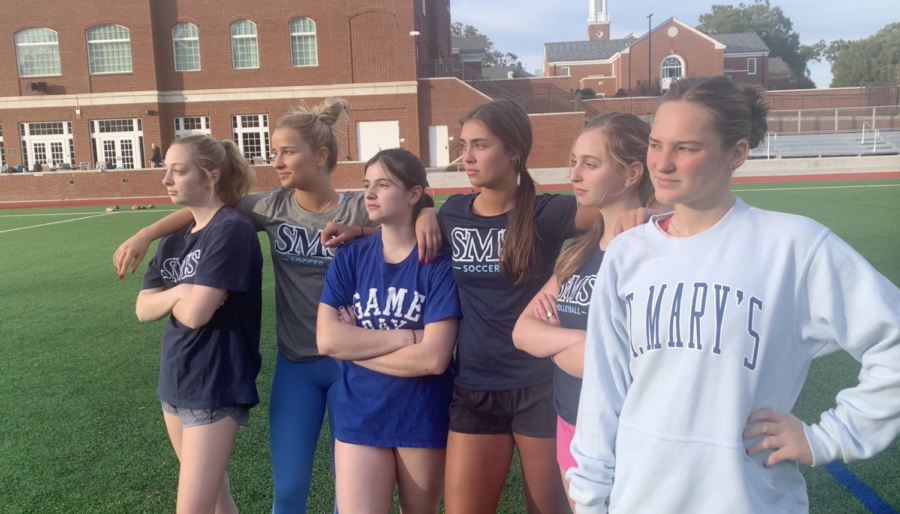
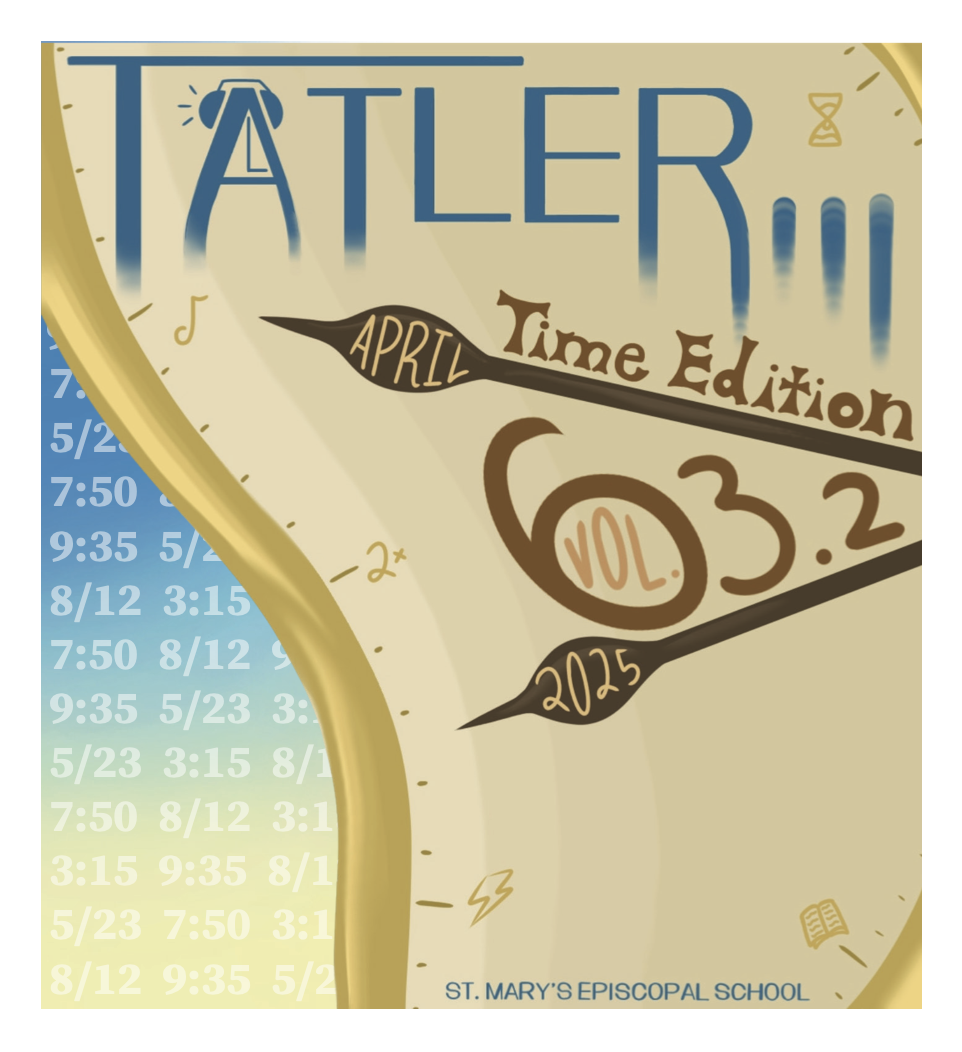
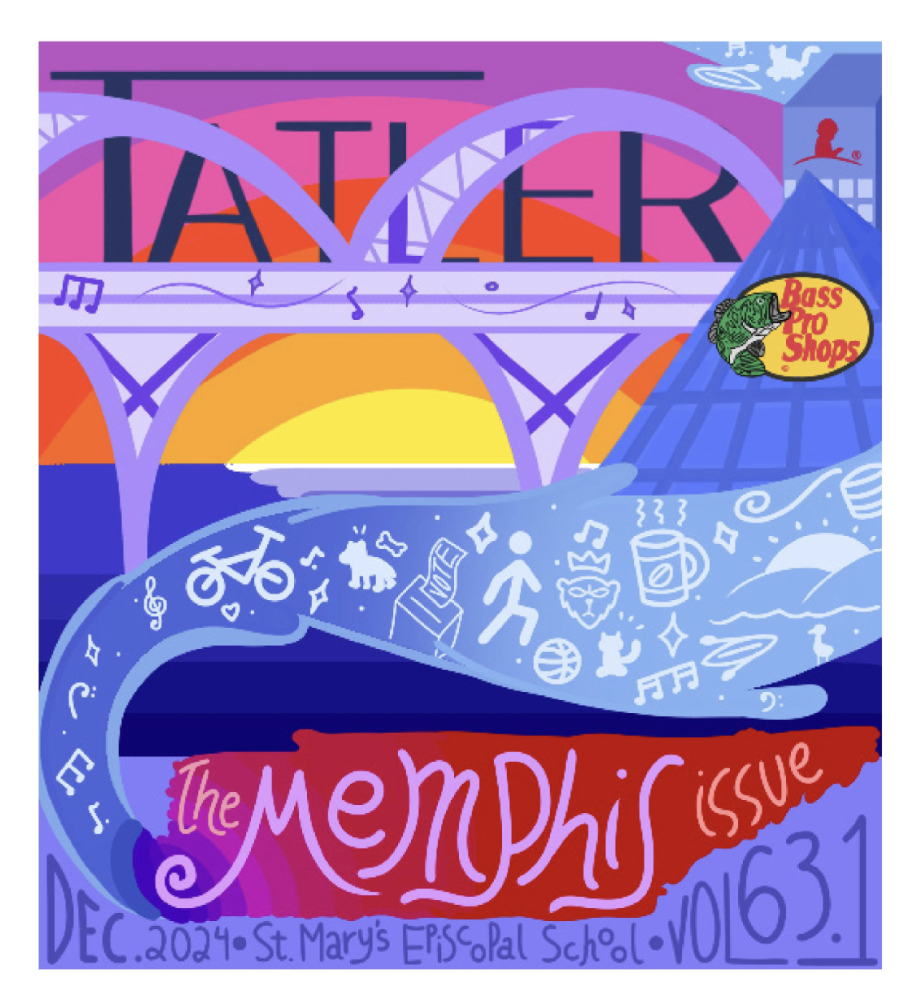
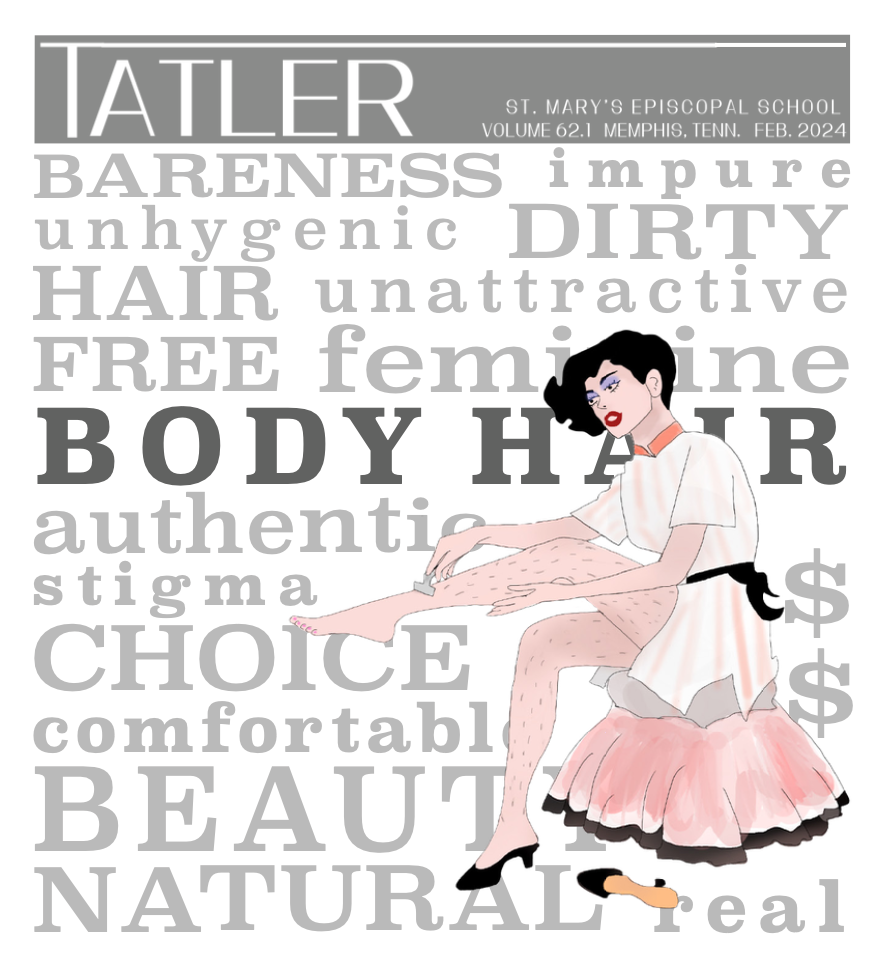
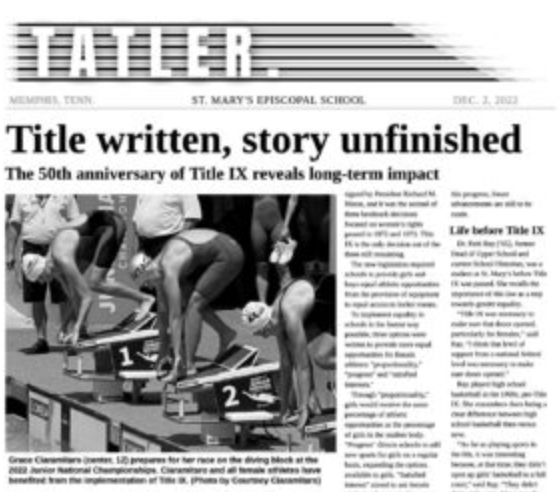
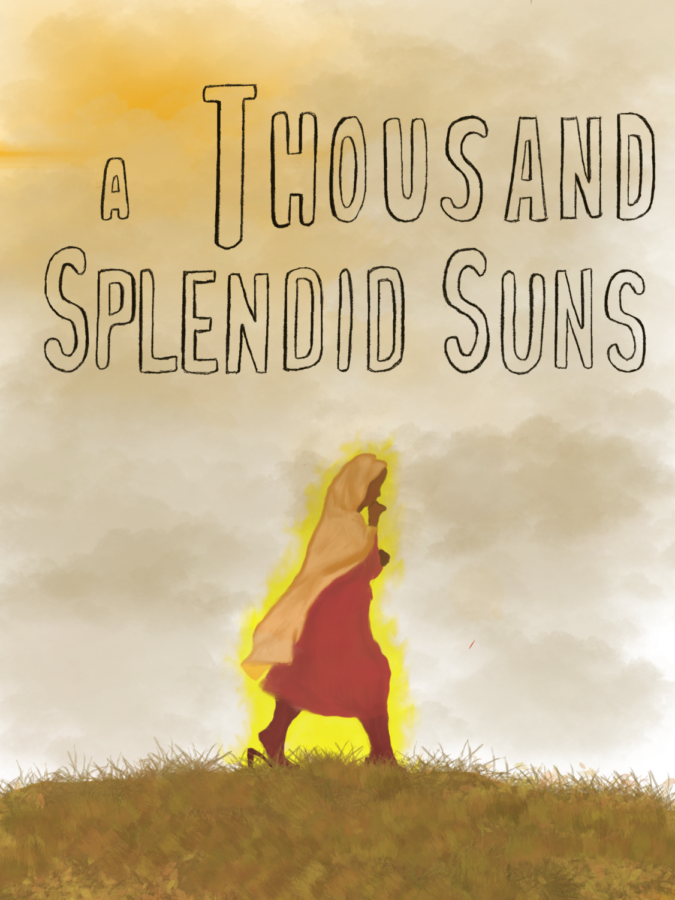
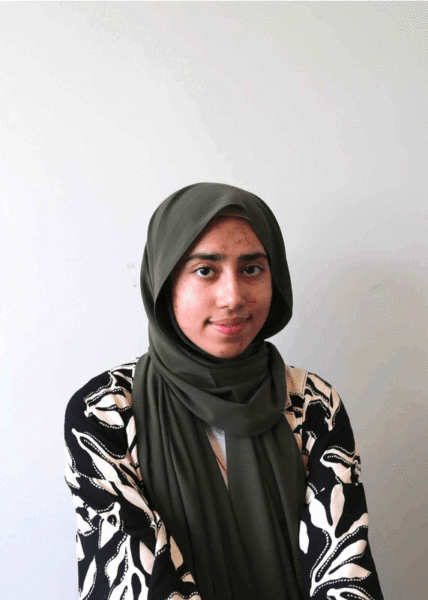
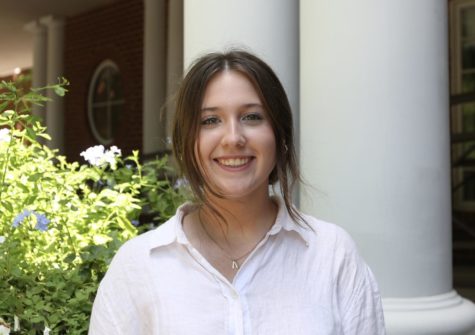
Lisa Hopkins • Dec 29, 2023 at 4:58 pm
Completely disagree, as a Catholic Australian I didn’t even see the Islam in this book, which I think is brilliant. I saw humanity and its struggles and how we cope as people under trying circumstances inflicted upon us by culture and government. It was clear to me that it was the archaic oppressive government that inflicted misery on people, and that the men of lessor character in the story, refused to stand against it as it served them. I attributed none of this stories woh to Islam.